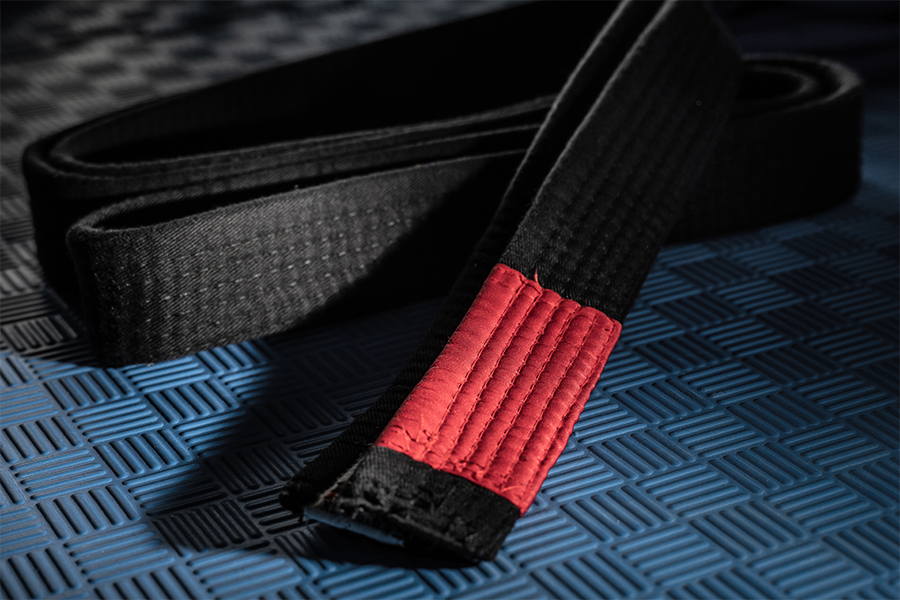O Visas For Brazilian Jiu-jitsu And Mma Athletes

“SO, YOU WANT TO BE A FIGHTER (WITH A VISA)?”
An O visa is a specialty visa reserved for individuals of extraordinary ability in the fields of science, education, business, arts, or athletics. In the arena of athletics, these types of petitions can be especially challenging, particularly so when applied to candidates professing to have sustained national or international acclaim in the sport of Brazilian Jiu-jitsu (“BJJ”) or Mixed Martial Arts (“MMA”). According to the Code of Federal Regulations (hereinafter “CFR”), the alien can demonstrate that he/she warrants classification by receipt of a major, internationally recognized award. 8 CFR 214.2. In the absence of such, the alien must show at least three of the following forms of documentation. The criteria, as applied loosely to athletics, with some editing from the original language found in 8 CFR 214.2(o)(3)(iii), are:
- Receipt of lesser nationally or internationally recognized prizes or awards;
- Membership in associations in the field which demand outstanding achievement of their members;
- Published material about the alien in professional or major trade publications or other major media;
- Evidence that the alien has judged the work of others, either individually or on a panel;
- Evidence of the alien’s original athletic contributions of major significance to the field;
- Evidence of the alien’s authorship of articles in professional or major trade publications or other major media;
- Evidence that the alien’s work has been displayed at exhibitions or showcases;
- Performance of a leading or critical role in distinguished organizations;
- Evidence that the alien commands a high salary or other significantly high remuneration in relation to others in the field;
- Evidence of commercial successes.
Furthermore, the regulations state that if any of the criteria do not readily apply to the applicant’s occupation, comparable evidence may be submitted.
Unfortunately, the sports of BJJ and the more popular MMA (widely popularized by the UFC) are still relatively young and unknown. Adjudicators have been known to deny O -1 petitions for National Basketball Association and National Football League players, so a BJJ or MMA fighter is in for a formidable fight. There is certainly no guarantee, no matter how famous somebody is, that he/she will merit approval, especially if the reviewing officer is not familiar with or worse, biased towards the sport. (Although MMA is a regulated sport, it has yet to be legalized in the majority of states; back in its infancy, UFC was even decried as “human cockfighting” by Senator McCain.) Winning tournaments in and of itself-unless maybe we are talking The Mundials-does not ensure success. Moreover, testimonials and letters from Professors and organizations may not hold much weight with the Examiner if he/she is unfamiliar with and does not understand who the writer is.
With that in mind, here a couple general tips for these types of cases. Some may seem obvious, but they nevertheless bear repeating since they are so critical to approval.
Everything must be proven. You as the applicant or even attorney cannot assume that the Examiner knows what the UFC is or how prestigious a victory at the Pan-Ams is. Everything must be explained and detailed so that the officer has a proper contextual understanding.
With that in mind, photos are important. If for example, you are claiming a Gold Medal from a tournament, it is advisable to take a picture of it. If you have fought for a certain promotion, you might want to attach pictures from the fight card or weigh in. This applies as well to memberships. If you belong to a particular organization, proof needs to be attached whether it is in the form of a card or certificate.
Publications are also particularly important, since they constitute one of the prongs. However, it is not enough to just furnish the article, especially if it is not in English. Anything written in a foreign language must be accompanied by an English translation. Additionally, it is prudent to include information about the publication so that the officer can assess and accord it is proper weight.
Lastly, detail is critical. Everything must be properly cited, documented, and supported. These days, an adjudicator will not hesitate to deny an application that is not professionally and meticulously prepared. On the other hand, if the petition clearly and painstakingly demonstrates how the applicant specifically meets the criteria with the appropriate exhibits and arguments, the chances of a favorable decision are considerably enhanced.
Paris Lee, Esq., a partner in the law firm of Lee and Garasia, LLC, in Edison, New Jersey, has been practicing immigration law since 1998. He handles a wide array of P, O, and Employment Based Immigrant Visa Petitions for skilled Mixed Martial Artists and Brazilian Jiu-Jitsu Athletes. He is a Brown Belt in Brazilian Jiu-Jitsu under Renzo and Rolles Gracie.
